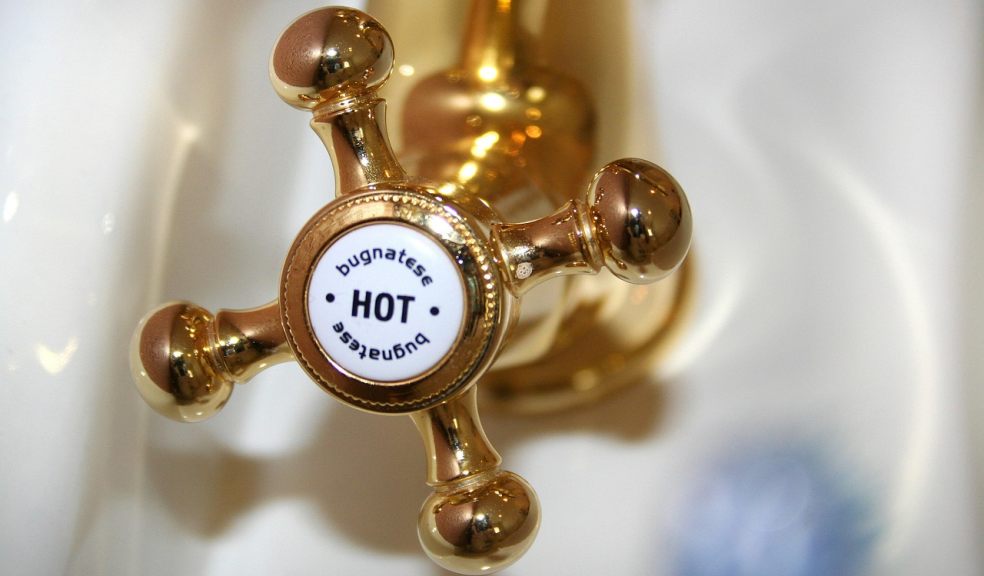
Smart Hot Water Choices: Reduce Costs & Waste
Hot water is indispensable in daily life, providing comfort from a rejuvenating shower to reliable dishwashing. However, have you considered the environmental impact and energy costs tied to conventional hot water systems? Traditional systems, though common, can be energy hogs, leading to increased utility bills and carbon emissions. Enter "smart" hot water choices—a smarter approach to significantly reduce costs and waste. By adopting advanced technology, households can enjoy the benefits of lower energy consumption and a positive environmental impact without compromising on their hot water necessities.
Understanding Your Current Hot Water System
Several hot water systems dominate the market, each with its advantages and challenges. The most common types include:
- Tank-type systems store a large quantity of hot water, ensuring availability but often incurring substantial energy wastage due to ongoing heating requirements.
- Tankless heaters only heat water when needed, offering efficiency, yet sometimes struggle during high-demand periods.
- Solar heaters provide an eco-friendly option, harnessing the sun's energy to heat water; however, their reliance on sunny climates limits their consistency.
- Heat pump systems are lauded for their efficiency since they transfer heat rather than directly generating it, but installation can often involve higher upfront costs.
Statistically, traditional hot water systems account for a hefty portion of residential energy use. According to Sustainable Australia, typical water heaters contribute about 25% to household energy consumption. Unfortunately, older systems are often less efficient, hitting the wallet hard and increasing emissions. To assess and potentially upgrade, consider regular checks of your current system’s age, condition, and energy rating. Identifying leaks or excessive noise can also point towards inefficiencies that might demand refurbishment or replacement.
Benefits of Upgrading to Smart Hot Water Solutions
Embracing smart technology in your hot water system has several advantages. Smart hot water systems offer features designed to optimise performance and reduce waste. These systems monitor water usage patterns, regulate heating cycles more efficiently, and often integrate with smart home platforms, allowing you to control temperatures and schedules remotely via an app.
The long-term benefits are clear:
- Lower energy bills
- Increased convenience and control
- Reduced environmental impact
For example, a family that switched to a smart tankless system reported nearly 40% savings in energy costs within the first year. These savings add up quickly, making smart systems a worthwhile investment.
Types of Smart Hot Water Systems and Features
When choosing a system, consider both your household's needs and your sustainability goals. Some popular options include:
- Tankless water heaters are an attractive, smart choice, solving the "always-on" conundrum of traditional systems by heating water only when necessary. Compact and efficient, they reduce energy waste.
- Solar-powered systems have carved their niche by being environmentally sound; they slash carbon emissions while reducing reliance on fossil fuels. Innovative units coupled with energy storage can harness sunlight, offering flexibility regardless of solar exposure variability.
- Heat pump water heaters stand out with their high efficiency. By moving heat rather than creating it, these systems use significantly less electricity.
In addition, accessories like smart valves and learning thermostats allow for greater control and efficiency. They can track usage habits and adjust automatically, helping you get the most out of every litre of hot water.
Installation and Maintenance: What You Need to Know
Choosing the right-sized hot water system is essential for balancing performance and efficiency. A system that’s too small may struggle to meet demand, while one that’s too large wastes energy and money.
Factors to consider include:
- The number of people in your household
- Peak usage times (e.g., morning showers)
- Your climate and available energy sources
- Space for installation
It’s highly recommended to consult with a licensed plumber or hot water specialist who can assess your specific needs and recommend a suitable system.
Once installed, regular maintenance is key. Scheduling annual checks, descaling where necessary, and keeping an eye on water pressure and temperature can all extend your system’s lifespan and ensure consistent performance.
Making the Switch: Tips for Reducing Costs and Waste
When transitioning to smart solutions, strategic planning is key. Here are a few expert tips to help you get the most from your investment:
- Set your thermostat to 60°C for safety and efficiency
- Take shorter, well-timed showers to cut back on energy use
- Use water-saving fixtures to complement your system’s efficiency
- Look into government rebates and incentives for upgrading to energy-efficient models
Small behavioural changes can also have a big impact. Even simple adjustments like doing laundry with cold water or turning off the system when away on holiday can help reduce waste.
Smarter Water, Smarter Living
Upgrading to a smart hot water system isn’t just about saving on bills—it’s about embracing a more efficient, eco-conscious lifestyle. With the right system and approach, you can enjoy the comfort of reliable hot water while making a positive contribution to the environment.
Whether you’re planning a new build or thinking of replacing an outdated unit, taking the time to explore modern solutions will pay off. Be sure to research thoroughly, ask for professional advice, and weigh both short-term costs and long-term benefits.
By choosing the right-sized hot water system and adopting smart habits, you’ll be investing in a cleaner, more cost-effective future—one warm shower at a time.













